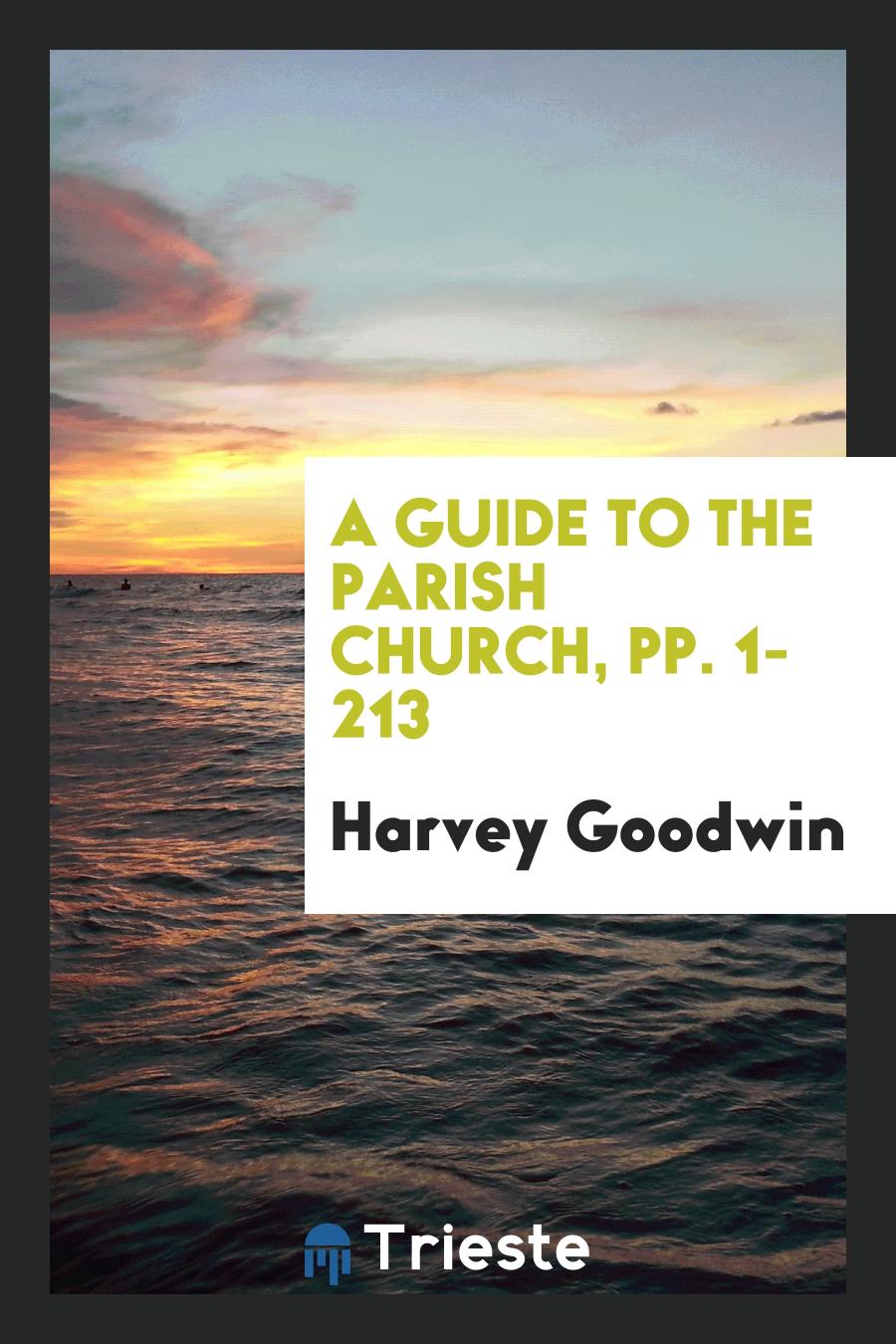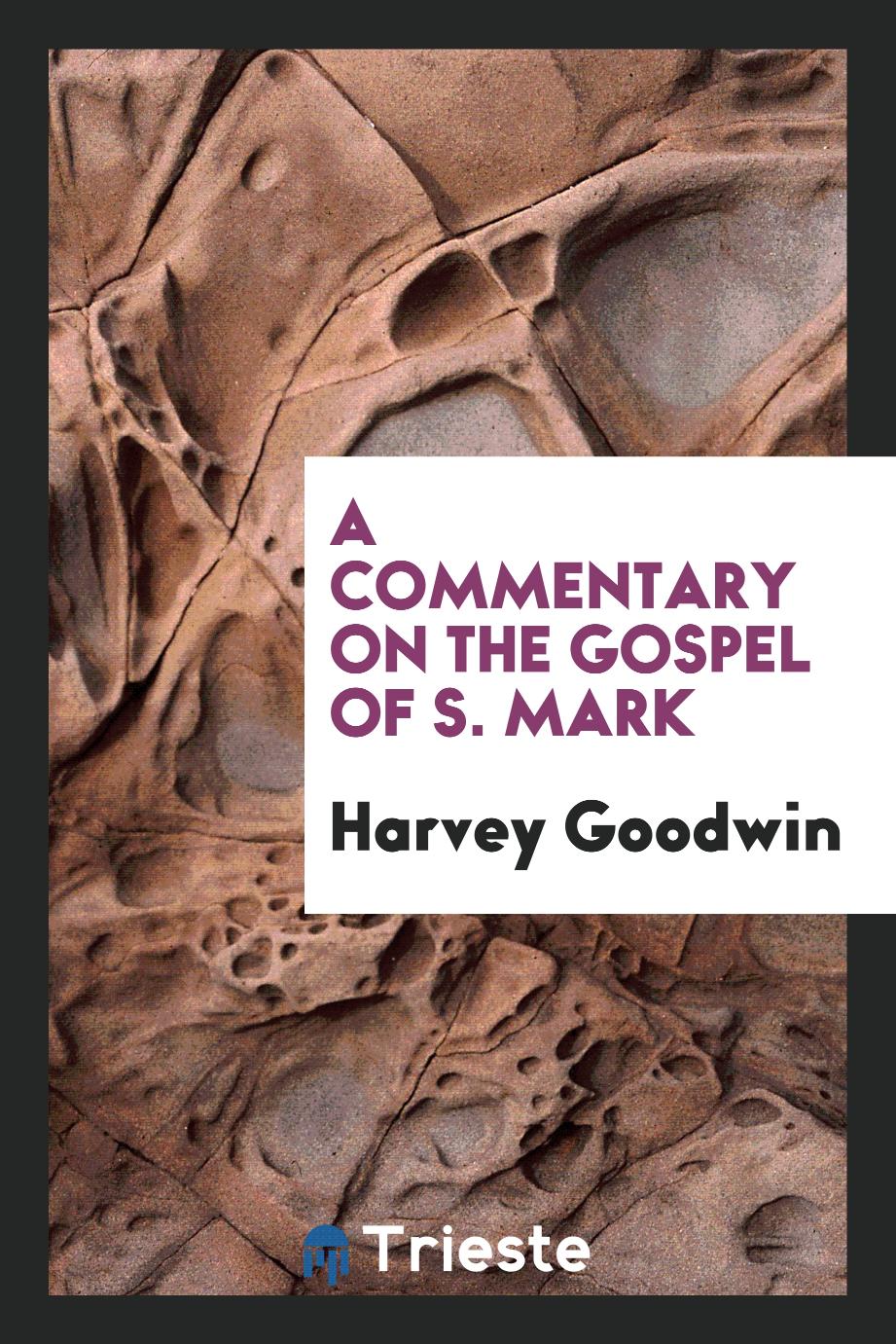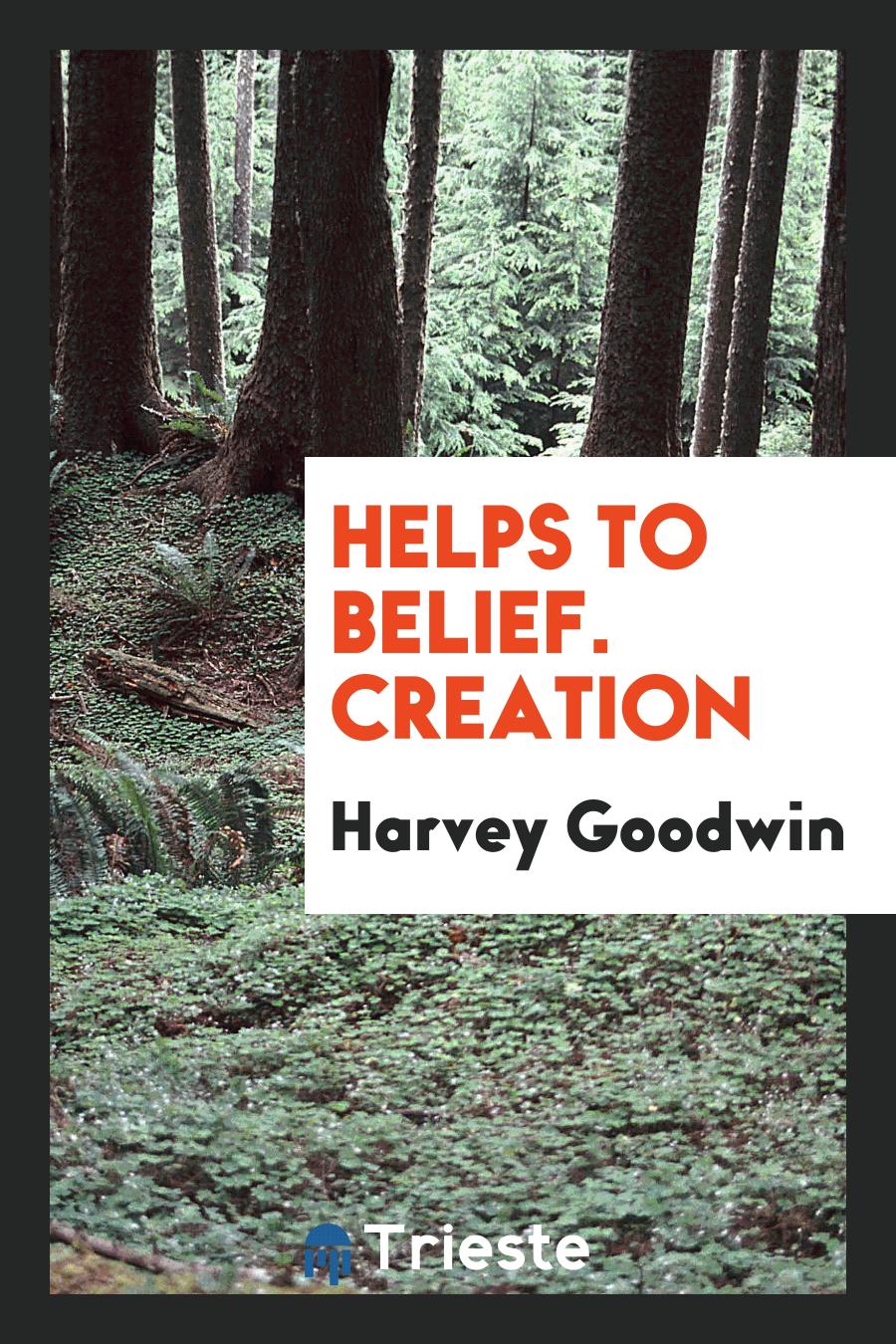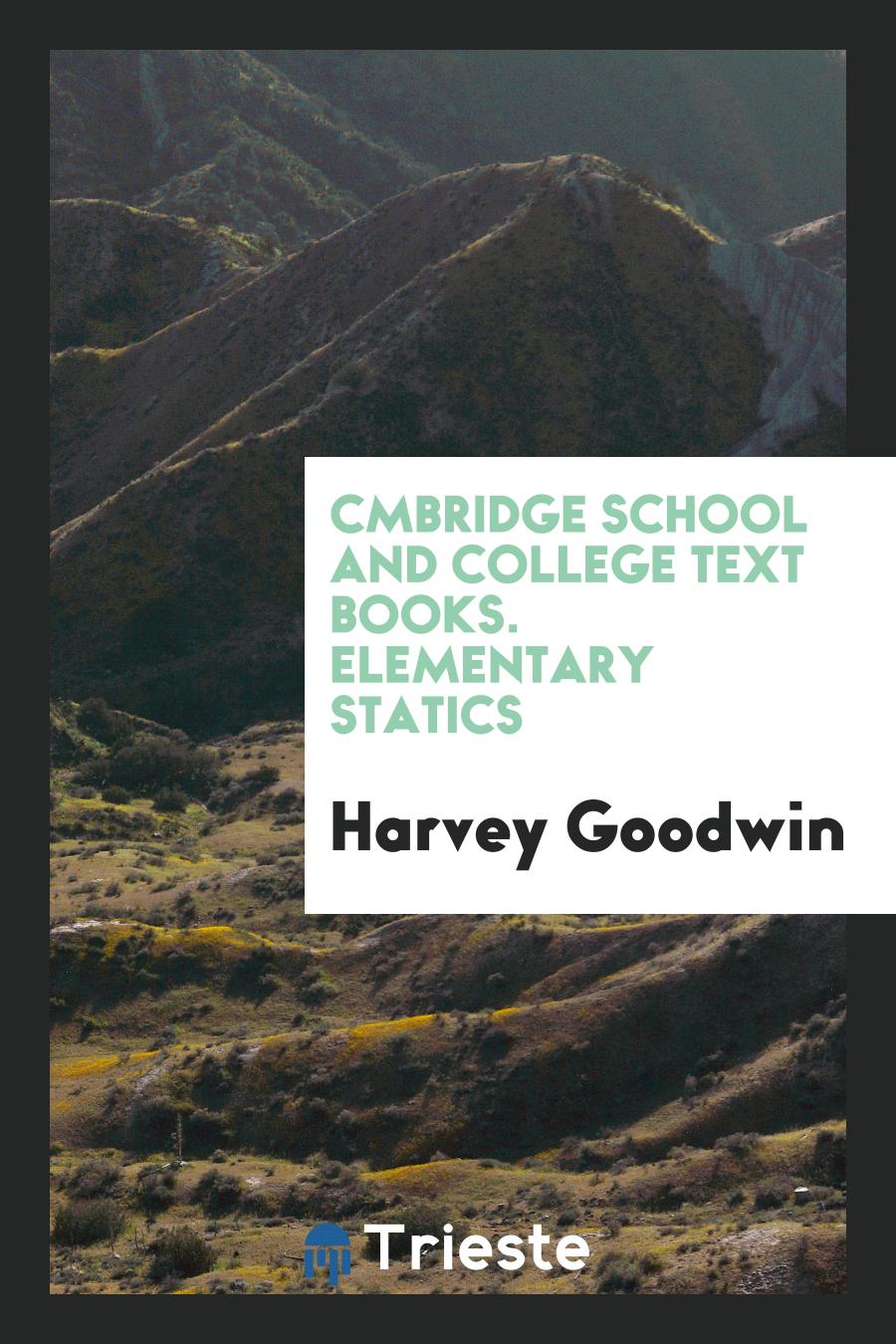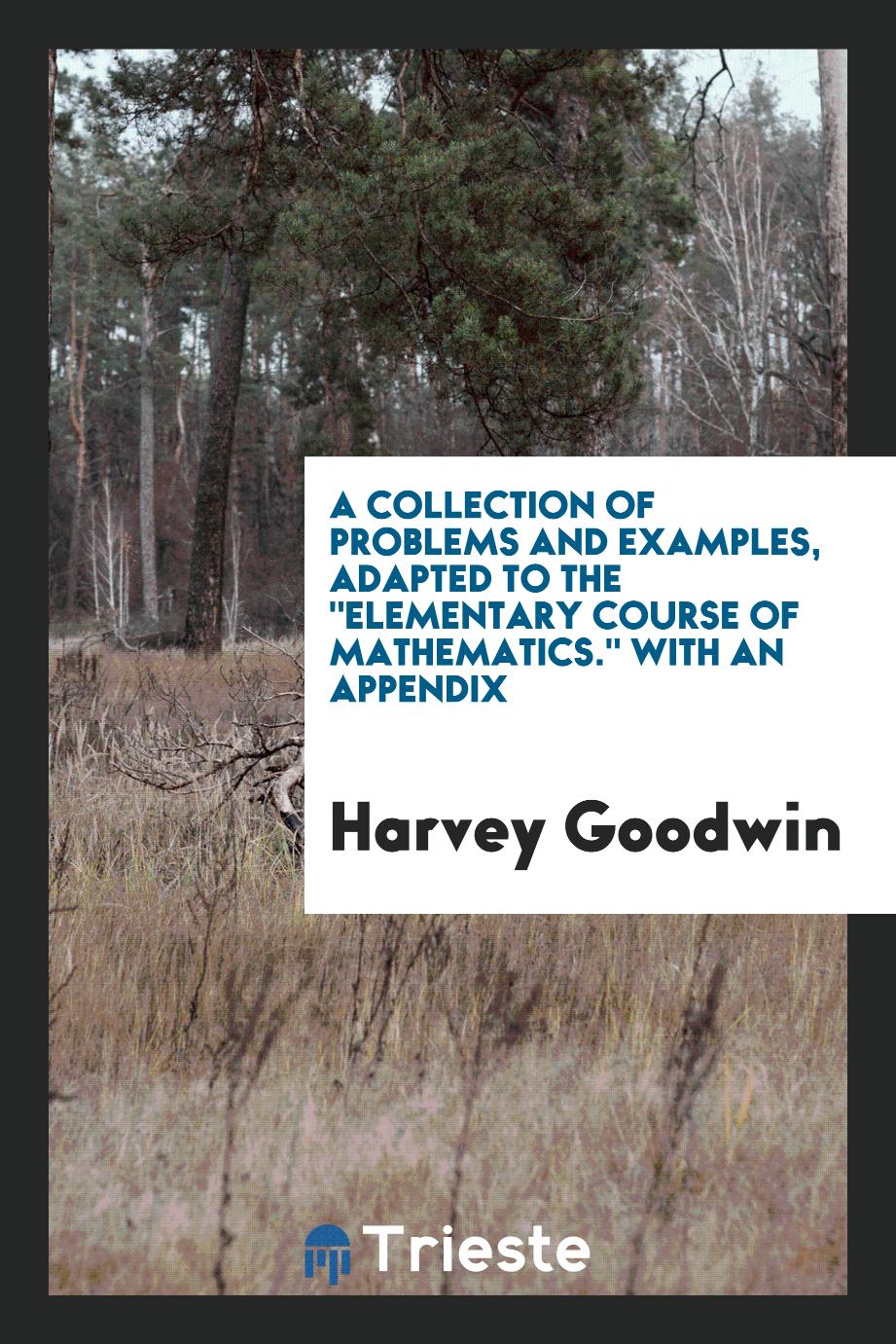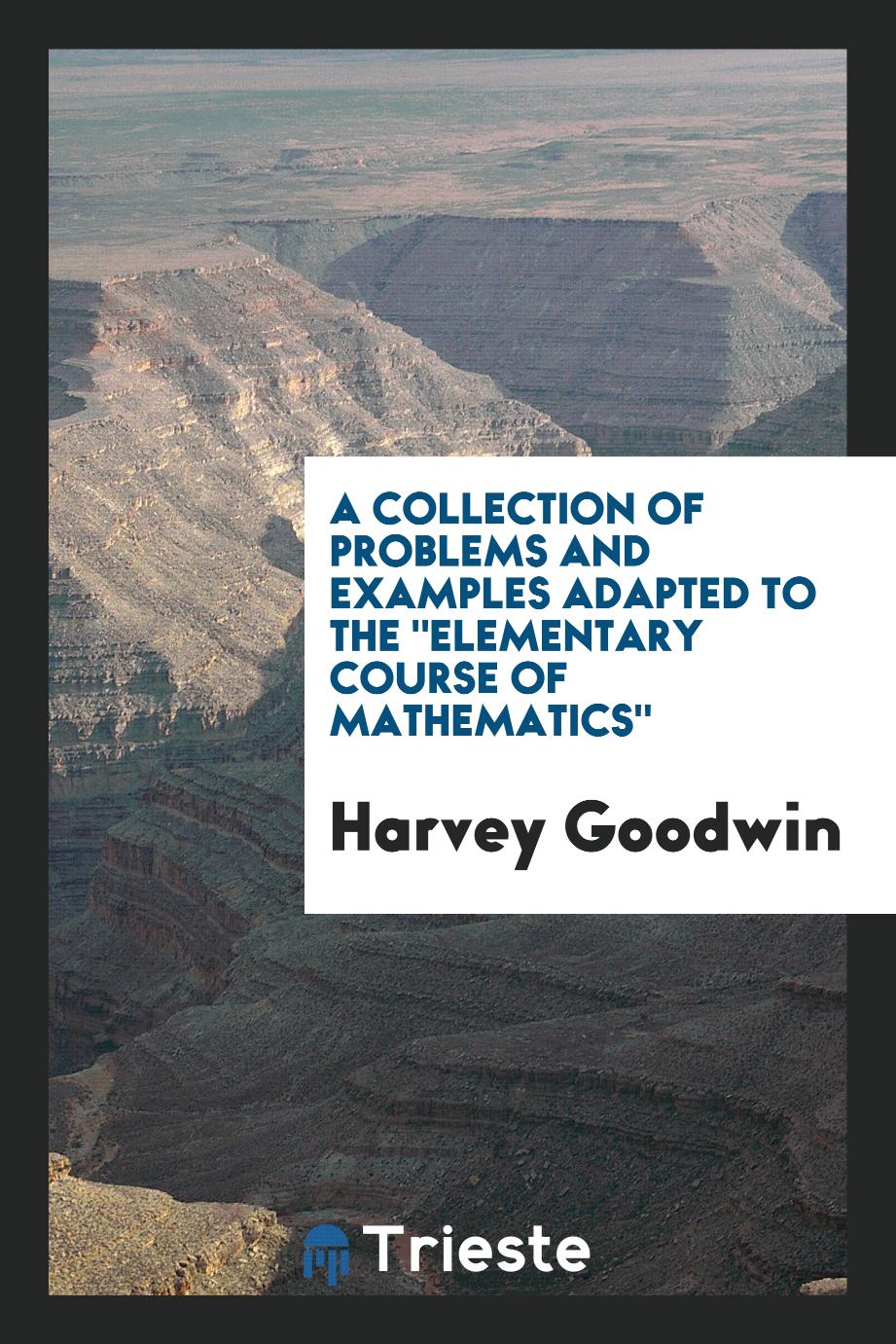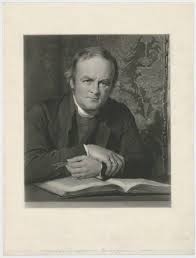
Harvey Goodwin
Harvey Goodwin (9 October 1818 - 25 November 1891) was a Cambridge academic and Anglican bishop, Bishop of Carlisle from 1869 until his death. Born at King's Lynn, he was a son of Charles Goodwin, a solicitor there; his mother was Frances Sawyer. One of his brothers was Charles Wycliffe Goodwin the Egyptologist and judge. From 1825 to 1833 he was educated at a private school at High Wycombe. Before going into residence at Cambridge, he joined a party at Keswick, Cumbria and read with William Hepworth Thompson, then a Fellow of Trinity College, Cambridge. He was admitted pensioner of Gonville and Caius College, Cambridge on 16 November 1835, and soon gave evidence of ability in mathematics. From Lady-day 1837 to Michaelmas 1839 he was scholar of his college. In his second year he became a pupil of the private tutor William Hopkins, and in the Mathematical Tripos of 1839 came out second to Robert Leslie Ellis. He was elected second Smith's prizeman, Ellis being first. In 1840 he won the Schuldham prize, and in 1844 delivered the Wortley speech. He graduated Bachelor of Arts (BA) in 1840 and Cambridge Master of Arts (MA Cantab) in 1843. Immediately after graduating BA, Goodwin was appointed to a mathematical lectureship at Caius, and at Michaelmas 1841 became Fellow of his college. In 1842 he was ordained deacon, and priest in 1844. His close friends at Cambridge, besides Leslie Ellis and Charles Mackenzie, whose life he wrote in 1864, were Thomas Thorp (afterwards Archdeacon of Bristol), John Mason Neale, Philip Freeman, and Benjamin Webb. With them he shared advanced ecclesiological views, and with Neale and Webb he set on foot in 1848 the Ecclesiological Society, which afterwards developed into the Cambridge Camden Society. In 1844 Goodwin took charge, as locum, of St Giles' Church, Cambridge. In the same year he preached for the first time in the university pulpit, and in the year following was nominated select preacher. In 1845 he preached before the British Association, which met at Cambridge. After his marriage, in the same year, he continued to reside at Cambridge, taking pupils and occupying himself with parish work, and he was mainly instrumental in establishing the industrial school at Chesterton. In 1848 he was appointed to the incumbency of St Edward's, Cambridge, where he was a popular preacher. He died on 25 November 1891 at Bishopthorpe, while on a visit to William Maclagan, Archbishop of York, and was buried in the churchyard of Crosthwaite, Keswick.
